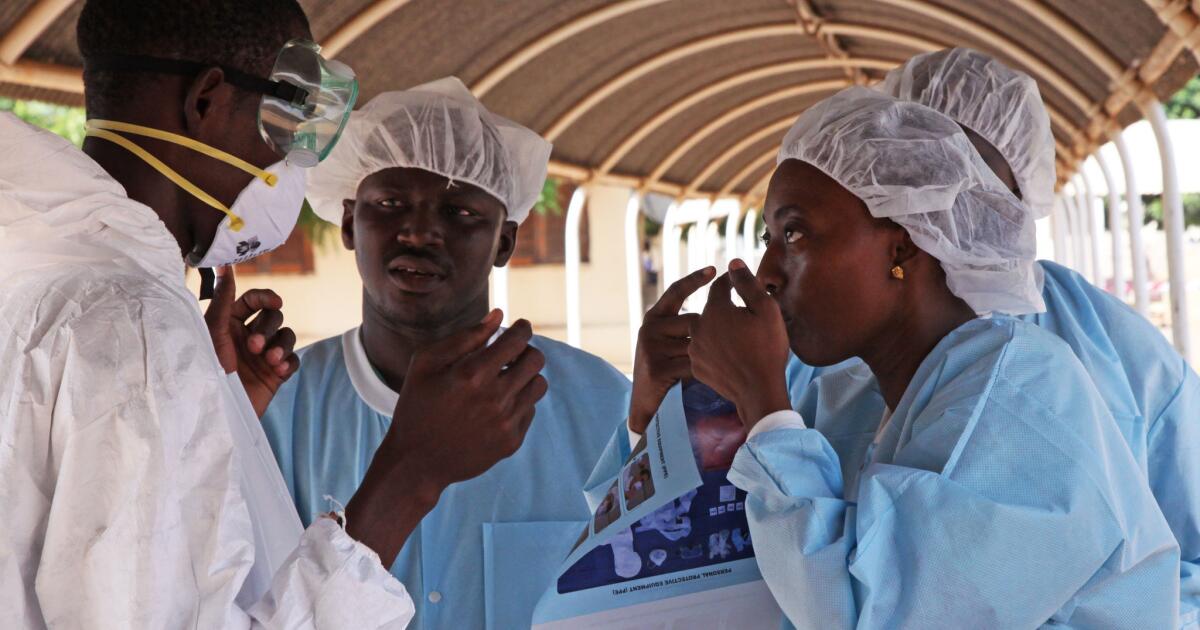Re: Mali - First confirmed case of Ebola in Kayes - a 2 year old girl from Kissidougou, Guinea - deceased
WHO says currently no Ebola cases in Mali, 39 contacts sought
Tue Nov 4, 2014 6:53am GMT
By Tom Miles
GENEVA (Reuters) - Thirty-nine people who travelled on buses with a toddler who died from Ebola in Mali are still being sought for checks, although the country is believed to be free of the disease, the World Health Organization said on Monday.
A WHO spokeswoman said 108 contacts were being followed up, including 33 health workers, but epidemiologists believe those who have not been traced are at low risk, as they are unlikely to have had physical contact with the sick two-year-old.
The girl's five-year-old sister had a fever but was suffering from malaria, not Ebola, tests showed. Other family members are under observation in the same hospital and doing well, with no fever or other symptoms, the WHO said.
...
The toddler's family - including her grandmother, uncle, great aunt and sister, will remain in quarantine for one more week before reaching the 21 days which is the maximum incubation period of the virus. If they do not develop Ebola, they will be allowed to leave the hospital.
...
WHO says currently no Ebola cases in Mali, 39 contacts sought
Tue Nov 4, 2014 6:53am GMT
By Tom Miles
GENEVA (Reuters) - Thirty-nine people who travelled on buses with a toddler who died from Ebola in Mali are still being sought for checks, although the country is believed to be free of the disease, the World Health Organization said on Monday.
A WHO spokeswoman said 108 contacts were being followed up, including 33 health workers, but epidemiologists believe those who have not been traced are at low risk, as they are unlikely to have had physical contact with the sick two-year-old.
The girl's five-year-old sister had a fever but was suffering from malaria, not Ebola, tests showed. Other family members are under observation in the same hospital and doing well, with no fever or other symptoms, the WHO said.
...
The toddler's family - including her grandmother, uncle, great aunt and sister, will remain in quarantine for one more week before reaching the 21 days which is the maximum incubation period of the virus. If they do not develop Ebola, they will be allowed to leave the hospital.
...



Comment